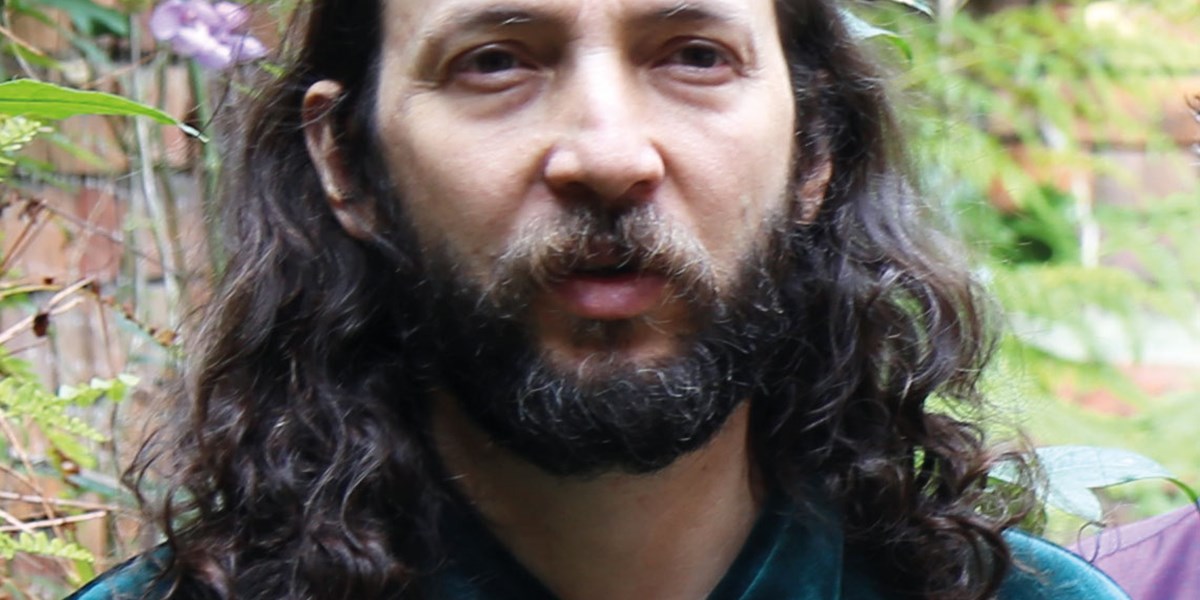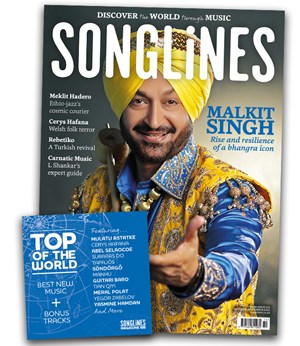Monday, August 12, 2024
The 4 Corners and Centre of Meridian Brothers’ Universe
Eblis Álvarez, the mastermind behind Colombia’s tropical revivalists Meridian Brothers chooses the albums that shaped him


Register now to continue reading

Thanks for visiting the Songlines website, your guide to an extraordinary world of music and culture. Sign up for a free account now to enjoy:
- Free access to 2 subscriber-only articles and album reviews every month
- Unlimited access to our news and awards pages
- Our regular email newsletters

